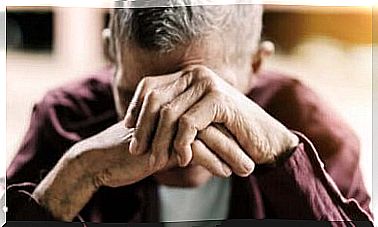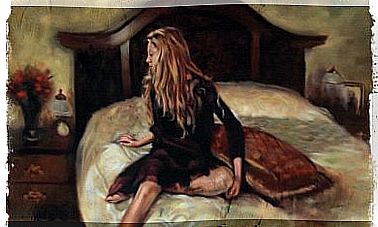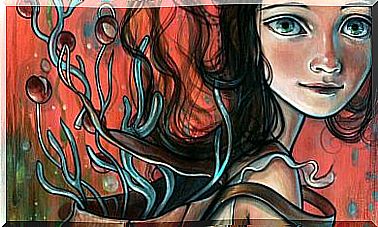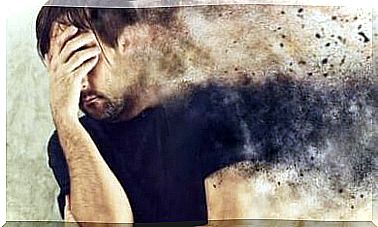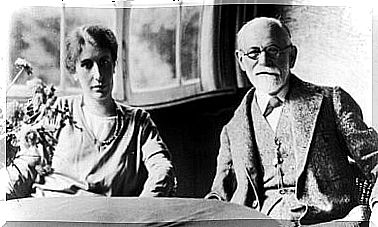Gahuku-Gama: Equality And Solidarity
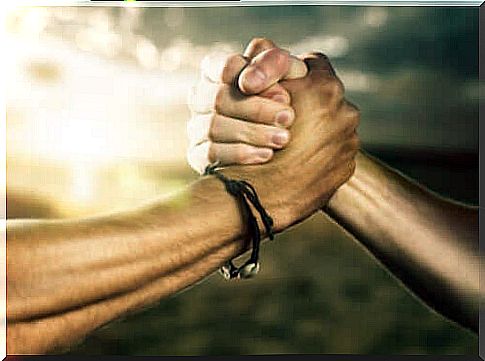
Gahuku-Gama is the collective name of the two largest tribes that speak the Alekanus language in Papua New Guinea. Gahuku is the largest tribe and Gama the second largest. This is what has led to the Alecanus language sometimes being called Gahuku-Gama. These tribes have a slightly different set of customs and morals than those prevailing in the Western world, especially in their views on conflict and competition. Their community aimed to do everything to avoid internal conflicts, but outwardly they were not peaceful – there were annual wars against surrounding villages.
Their unique methods are described by Claude Lévi-Strauss – the father of modern anthropology – in his book The Wild Thinking . The Gahuku-Gama community remained isolated from the Western world until 1930. This decade, they came in contact with missionaries who came mainly from Europe.
According to Lévi-Strauss, the missionaries first taught Gahuku-Gama how to play football. These then adapted the sport to match their own values and customs.
Interestingly, they decided that football would not be a competition between opposing teams. Instead, they often played for several days, and played as many matches as needed to eventually draw.

Gahuku-Gama
For Gahuku-Gama, the idea that some people would win, while others inevitably have to lose, is simply unacceptable. According to them, both conditions are degrading and jeopardize the stability of the group as a whole. Therefore, they decided to take football to a whole new level and transform it from being a simple game into a kind of ritual.
For this Papuan community, solidarity was a fundamental value. For this reason, they could not accept a game where the goal was for one team to win over the other. Gahuku-Gama put a lot of value on effort and for them it seemed deeply unfair that a team should lose, no matter how hard the players fought.
As a result, their football matches often lasted for several days. But despite their goal being that the team would eventually play a draw, it did not mean that one team had to make concessions to the other – they would have considered it dishonest. The goal was for both teams to grow and reach a point where everyone had equal conditions. By playing a draw, both teams became both winners and losers at the same time.
Compete and play a draw
You might think that Gahuku-Gama is an exceptional exception. Too many theories of human behavior show that competition and conflict are an inherent part of human nature. In theory, this may well be the case. But the fact is that many cultures promote a sense of solidarity rather than competition and confrontation.
There is evidence that some ancient cultures had similar values, in cultures long before the ancient Greeks. Looking at certain groups, such as the Inuit peoples of Alaska, it is often claimed that they have never fought a single war in their entire long history. Of course, serious violence also occurs within these groups. Organized warfare, however, requires a certain amount of resource abundance that is often not available under Arctic conditions.
Since many of these people live in areas where resources are scarce, they have decided that the solution is to remain united for the common good instead of competing for the little that exists. In a way, this is also a form of draw, where everyone wins and loses at the same time.

What can we learn from Gahuku-Gama?
It would save us a lot of worry, stress and anxiety if we were more open to certain habits and customs that we see in these societies. Many of our problems come from our unhealthy obsession with success and failure. From feelings of inferiority and superiority that keep us awake at night. From our inability to handle conflicts and a subsequent desire to force others to do as we please.
We all feel calmer when we achieve a sense of justice and equality, a principle of universal justice through which we can see the value in others as well as in ourselves. That is exactly what these ancient cultures do; by using a mixture of new games and old customs to try to achieve individual and collective peace.

